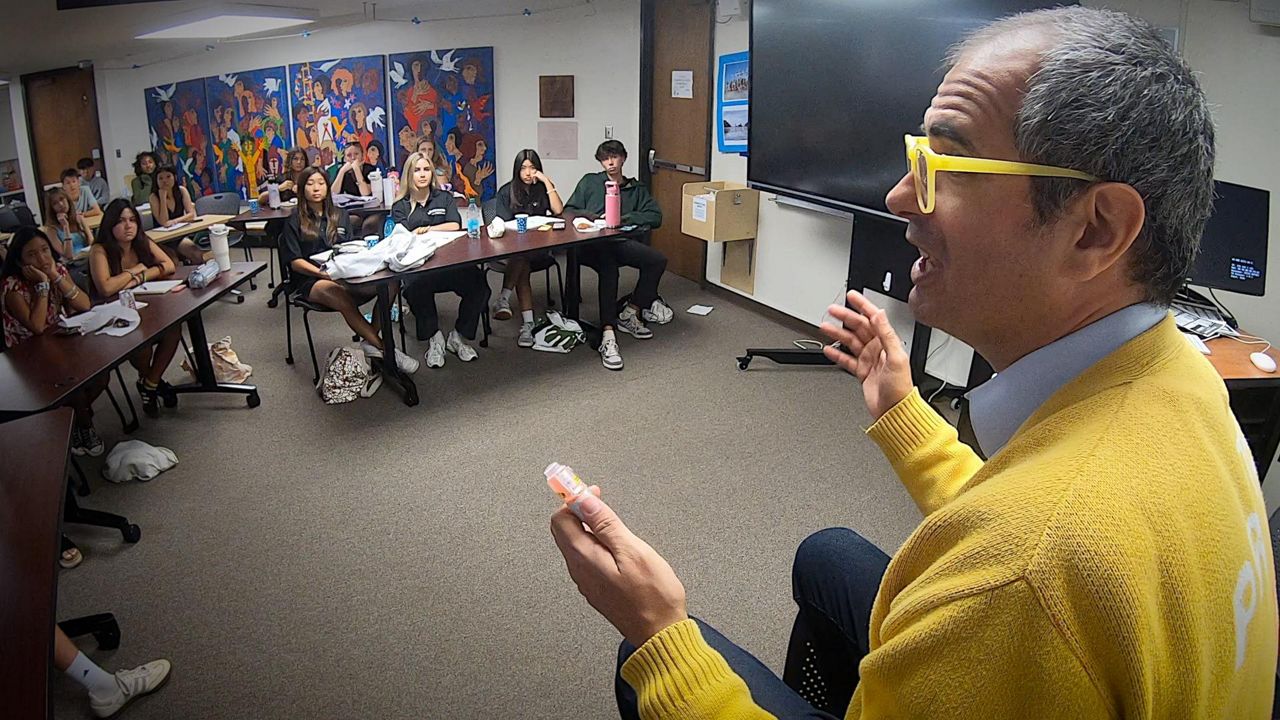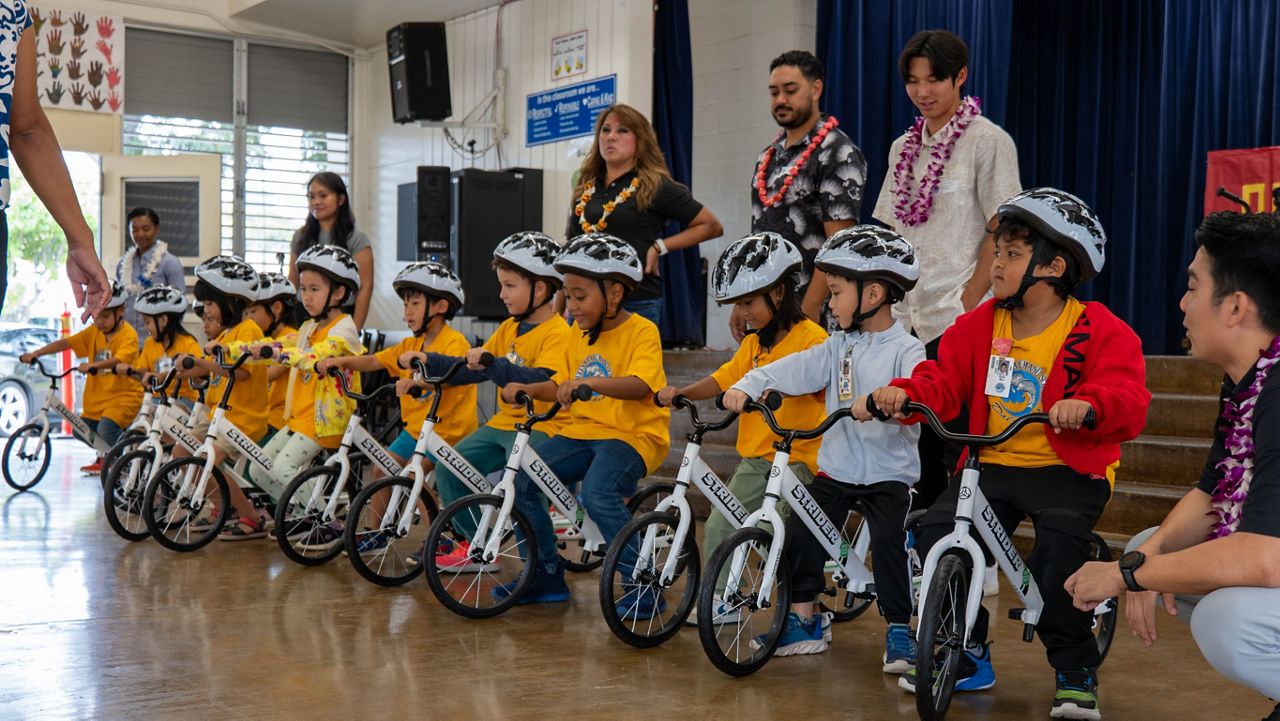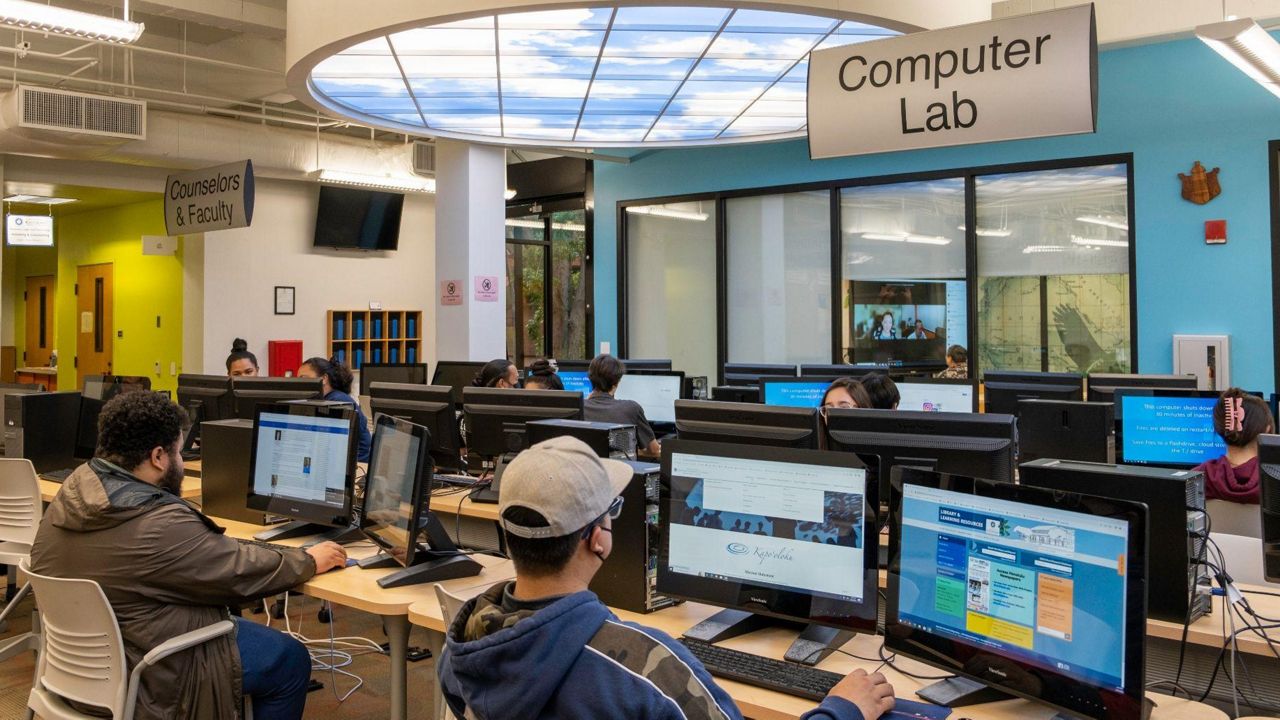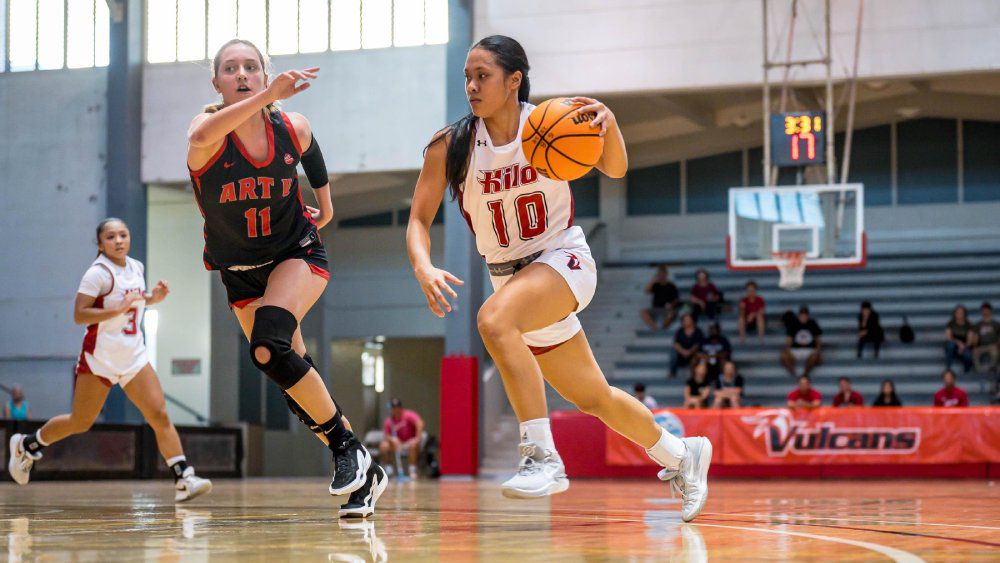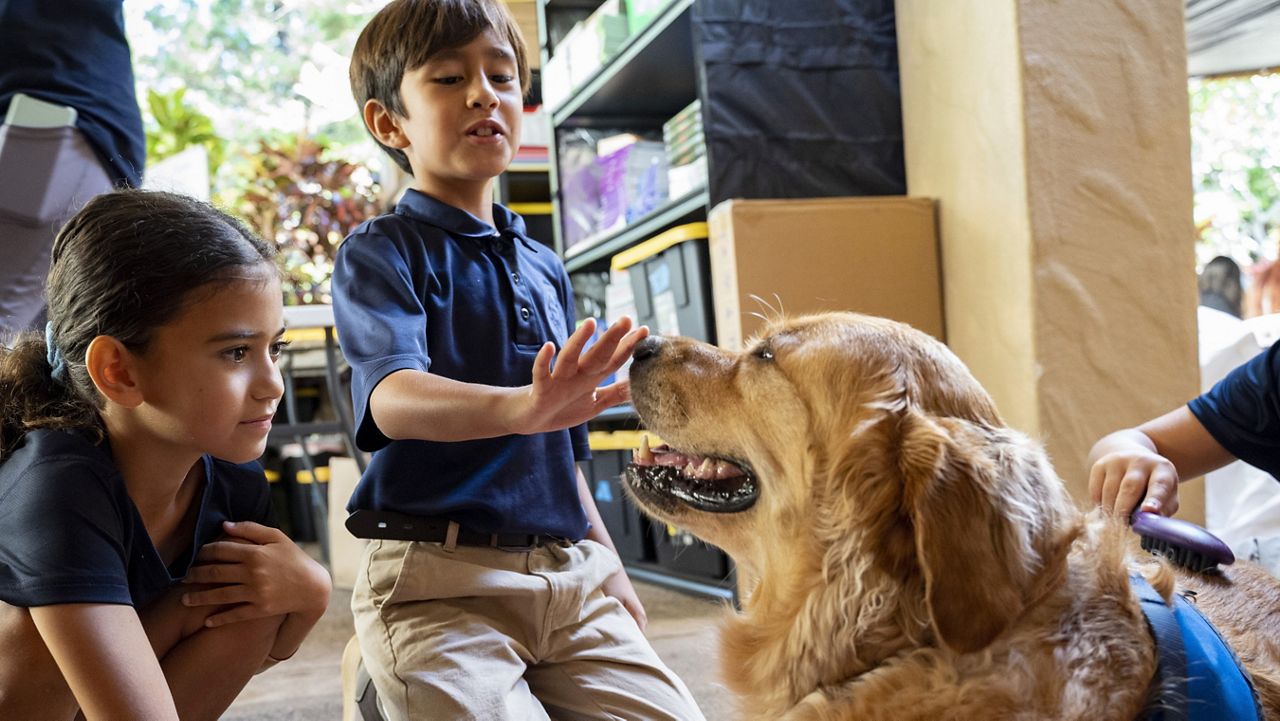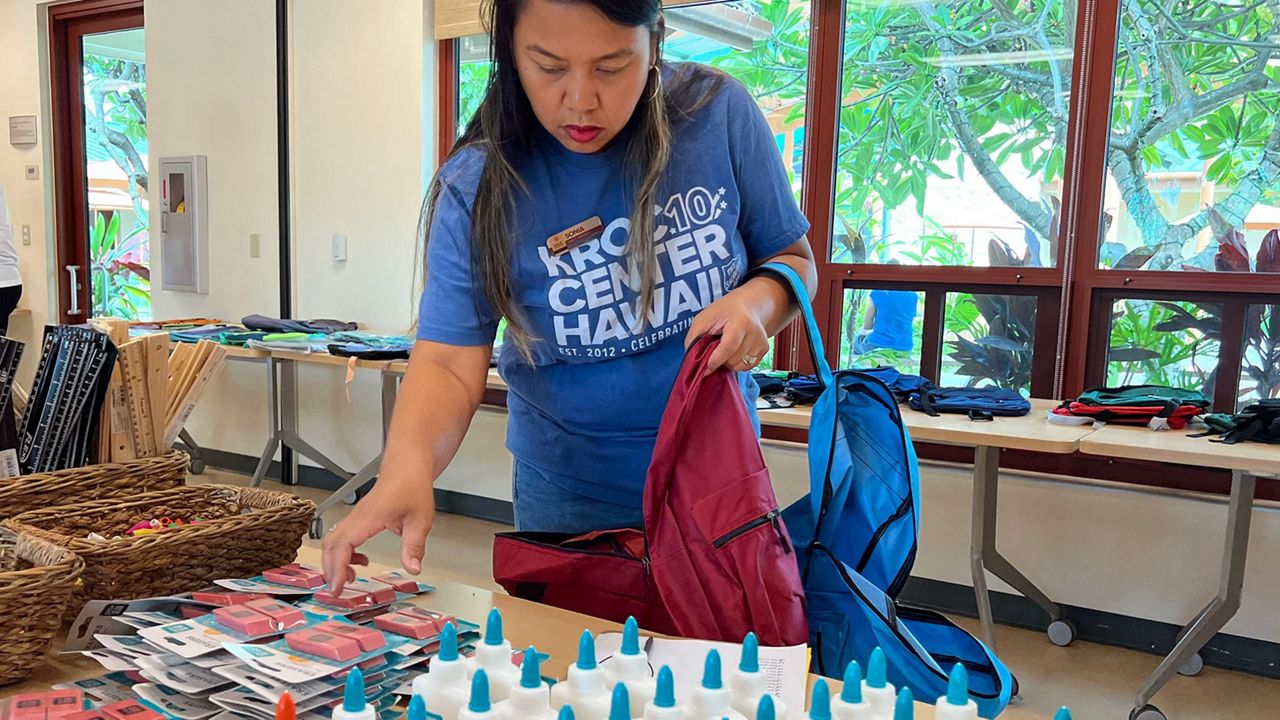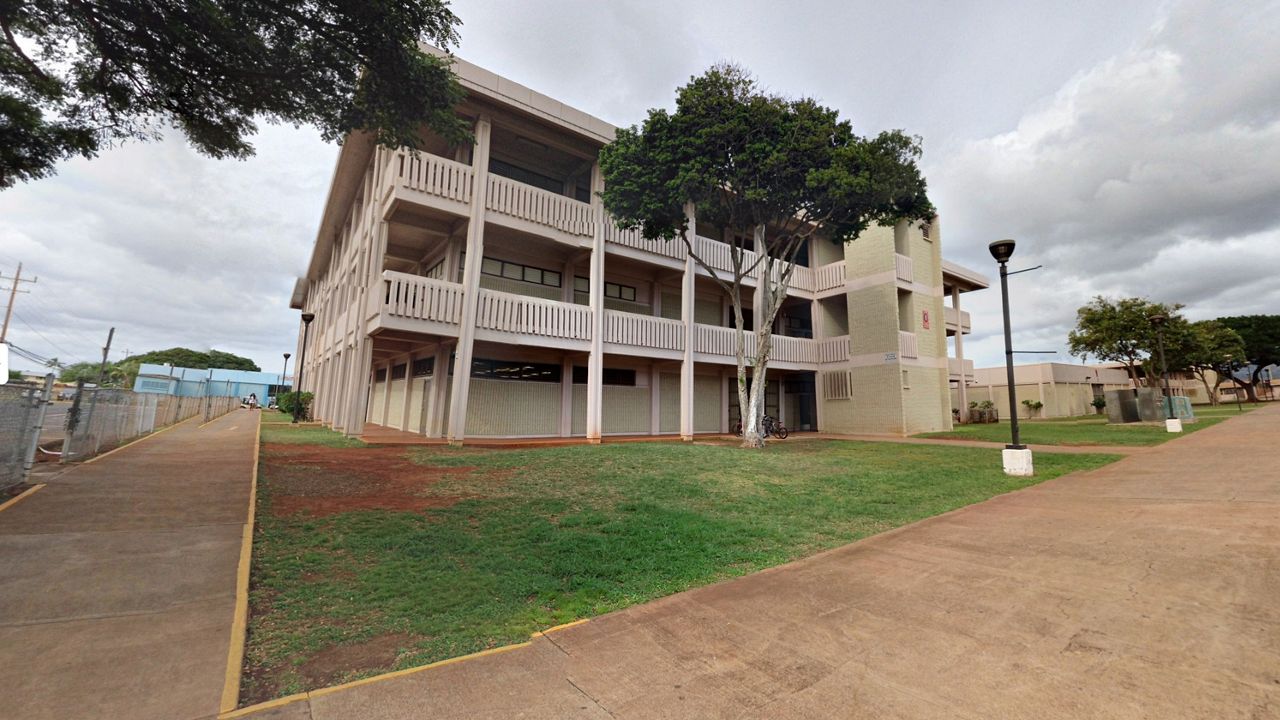This summer, the University of Hawaii at Manoa offered a free summer program to high school students and incoming freshmen aimed at helping them build careers in the intelligence field.
More than 30 students took part in the Academy for Hawaii Intelligence Studies Summer Program, which ran from June 16 to 28, and earned three college credits for taking “POLS 120: Introduction to World Politics” as part of the program. The Pacific Intelligence and Innovation Initiative paid for students' expenses related to airfare, housing, meals, registration and tuition.
The program’s first week was conducted online, with students learning about the basics of international relations and the field of national intelligence. During the second week, students met at the UH Manoa campus, taking part in simulations and games, and hearing from national and local intelligence leaders. Students also went on a field trip to Pearl Harbor.
This year, students examined world events in real time as they unfolded during the program.
“Having a war going on between Israel and Iran, [the students] just came with so many questions,” said Jairus Grove, program director and UH Manoa Department of Political Science professor, in a news release. “They wanted to understand why it was happening? Why was the U.S. going to get involved? Should the U.S. get involved? And so I think having a global crisis happening while they had an audience for understanding that crisis was really unique.”
Started in 2023, the program provides early college access to Hawaii residents with a minimum 3.0 GPA, helping prepare them for promising careers. The University is actively working to develop a robust pipeline of local talent in political science and intelligence studies. The 2025 student cohort included 39% students from public schools, 21% from charter schools and 39% from private schools.





